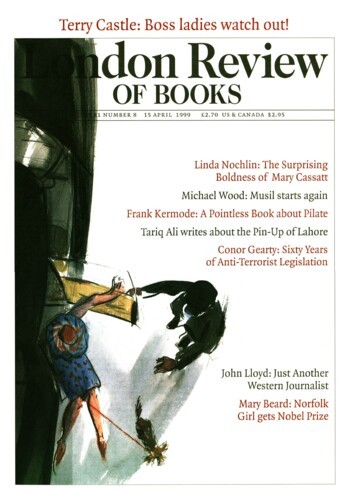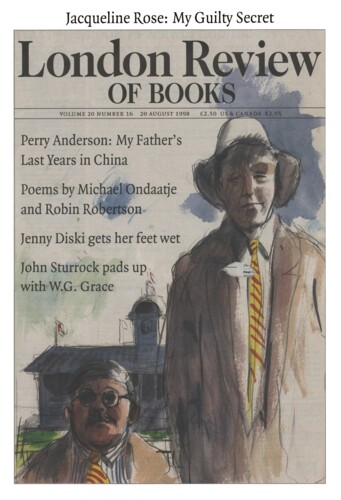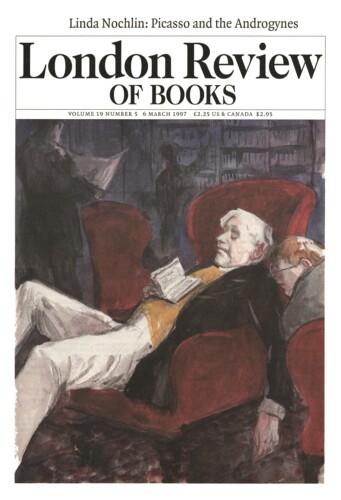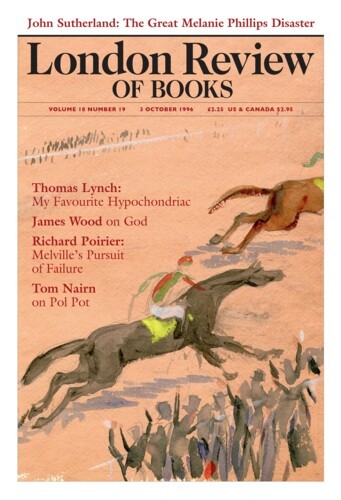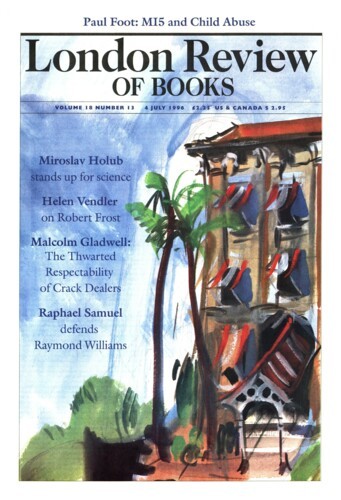Diary: in Romania
John Lloyd, 15 April 1999
On travelling to the mining region of the Jiu Valley in Romania earlier this year, I found myself once more facing a difficulty that had become familiar to me in a decade of reporting from Eastern Europe and the former Soviet Union: how to reconcile my sense of shock at the misery and deprivation of the people about whom I was writing with my conviction that few of their demands, which mostly came down to a plea for things to stay as they were, could or even should be granted. It was a conviction born of witnessing the futile struggles of people suddenly exposed to the pressures of ‘globalisation’ after the collapse of the Communist economies which failed to shield them from it.‘
